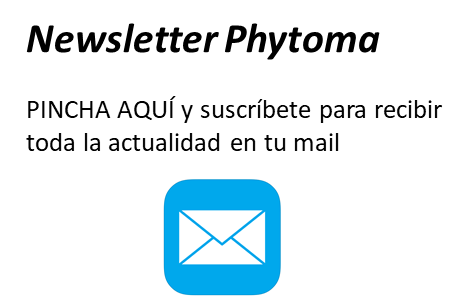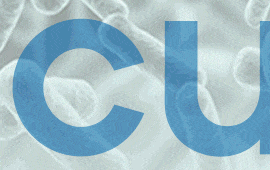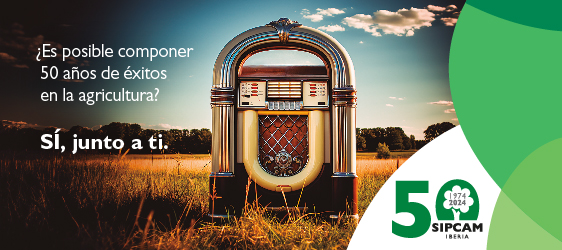
PHYTOMA-España edita desde 1988 la revista profesional especializada en la sanidad de los Cultivos, con contenidos de Transferencia Tecnológica y divulgación científica sobre la Sanidad Vegetal. Además PHYTOMA-España edita libros vinculados al sector agrario, sobretodo relacionados con la Sanidad de los Cultivos.
Contacto
info@phytoma.com
+34 963 826 511
Plaza de Almansa, 1, 46001 Valencia












